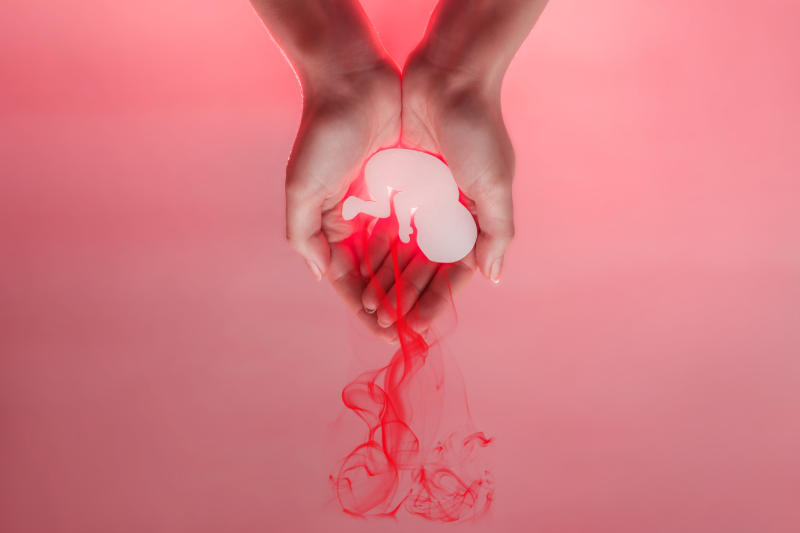×
The Standard e-Paper
Smart Minds Choose Us

Kerubo, 17, is lucky to be alive. In August last year, she went through an abortion that almost turned fatal.
Her aunt, who was her guardian at that time, allegedly forced her into a sexual relationship with a man who impregnated her but was not ready to take responsibility.